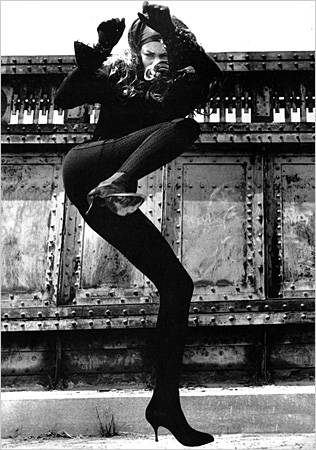 Misery loves company. Does it? Actually, no, I don't think so, I think misery loves solitude and the comforts of hiding under a pile of coats. As well, I have never approved of the "it could be worse" school of thought. What is that, something to look forward to? That even in grief you are outdone by others?
Misery loves company. Does it? Actually, no, I don't think so, I think misery loves solitude and the comforts of hiding under a pile of coats. As well, I have never approved of the "it could be worse" school of thought. What is that, something to look forward to? That even in grief you are outdone by others?Of late, and at the behest of someone looking out for my improved psyche, I have been reading books on the subject of surviving childhood. Many quirks of personality it seems are actually old, fossilized habits learned long ago to offset the power and control of those who looked after us. Lots of the characteristics of those around us are also based on these primal fears and deprivations -- how anyone survives childhood is a central mystery and we should all try our best to be reincarnated as beloved cats. Hell is other people? Hell is being people.
We may survive the past but do we thrive, and what changes are indelibly wrought by the baroque cruelties suffered? Here's the thing. I don't adhere to the idea that to be an artist one must suffer, but suffering does sometimes lead to beauty. Think of natural wonders of the world -- it's the stress that creates the diamond. And here we come to Henry Darger.
A friend sent m
 e the images here, and suggests this book is incredible. Why? Here is what she says: "Incredibly interesting (albeit sadder than sad), self taught artist/writer, a recluse, a janitor. These photos reveal the tone of his environment in a very intimate and quiet way. Here's the photo that inspired him to begin his writings."
e the images here, and suggests this book is incredible. Why? Here is what she says: "Incredibly interesting (albeit sadder than sad), self taught artist/writer, a recluse, a janitor. These photos reveal the tone of his environment in a very intimate and quiet way. Here's the photo that inspired him to begin his writings."She goes on to say "I like this excerpt from the guardian: Why is Darger so popular? Many would argue that it's because his art is truly different and truly beautiful. That may be so. What is certain is he led a life of such suffering, neglect and isolation that he makes Vincent van Gogh look like a party-going fat cat."
You want to come back as a cat. Trust me.












2 comments:
"The past beats in him like a second heart."
John Banville
The Sea
Read James Hollis's Finding Meaning In The Second Half of Life.
It is about how to really grow up, once and for all.
And it has impacted my life in ways that I cannot express.
One other thing: suffering is suffering. It is not relative. And it is never a contest.
Post a Comment